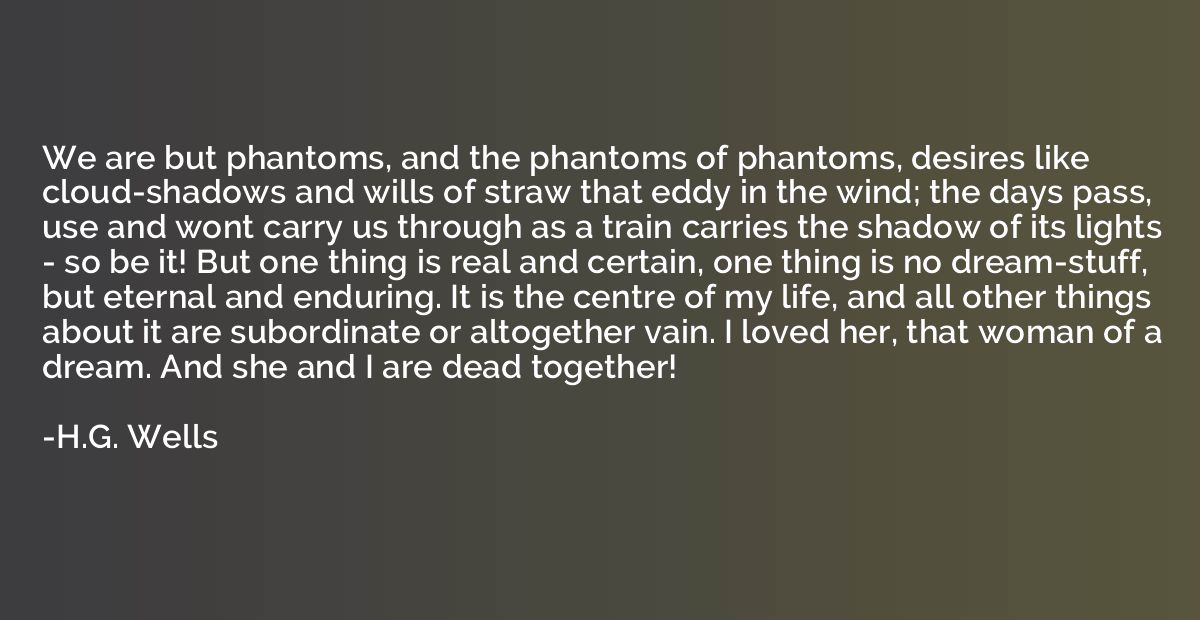Quote by Robert Louis Stevenson
There is a fellowship more quiet even than solitude, and which, rightly understood, is solitude made perfect.

Summary
This quote suggests that there is a type of fellowship that is even quieter than being alone and can be considered the ultimate form of solace. It implies that true solitude can be attained by connecting with oneself on a profound level, transcending the need for external company. By understanding and valuing this inner bond, one can achieve a state of perfect solitude, finding peace and fulfillment within oneself.














